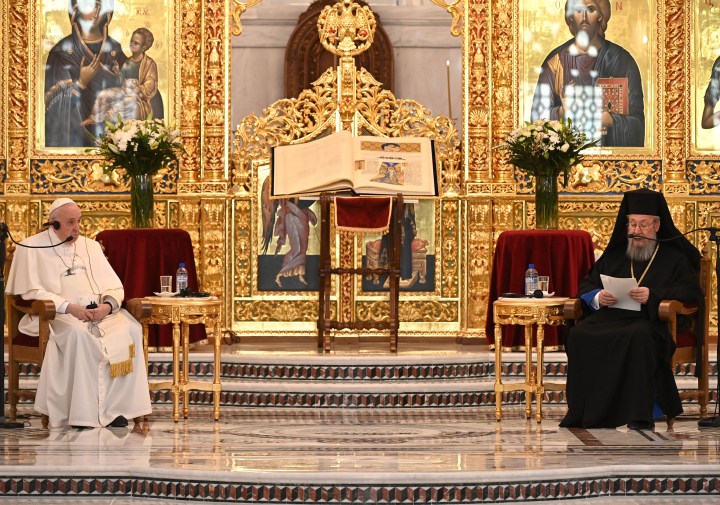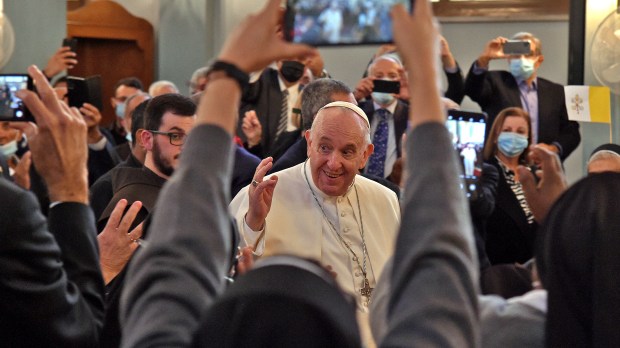Many Catholics might recall little about St. Barnabas, but this key figure from the early Church has been the “pilgrim’s guide,” so to speak, on Pope Francis’ trip to Cyprus.
The Pope arrived to the island nation in the mid afternoon of December 2. He’ll spend all day there December 3, and then head to Greece on the 4th.
He gave two main speeches on his first day, one to bishops, priests, religious, and other Catholic leaders; and another to government authorities, and social and diplomatic leaders.
In both, St. Barnabas’ lessons were key.
In the latter address, Pope Francis said something that could be considered a guiding principle of his pontificate:
Let us nurture hope by the power of gestures, rather than hoping in gestures of power. There is a power of gestures, which prepares the way of peace. Not gestures of power, threats of reprisal and shows of force, but gestures of détente and concrete steps towards dialogue.
The Pope spoke of the message of the Beatitudes, and used the image of a pearl to consider the mission of Cyprus: formed over time, through the trials of suffering, in multifaceted layers.
For what the earliest Christians gave to the world with the gentle power of the Spirit was an unprecedented message of beauty. It was the amazing newness of the Beatitudes, addressed to everyone, that won hearts and bestowed freedom upon many. This country has inherited a particular responsibility in that regard, namely, to be a messenger of beauty among the continents.
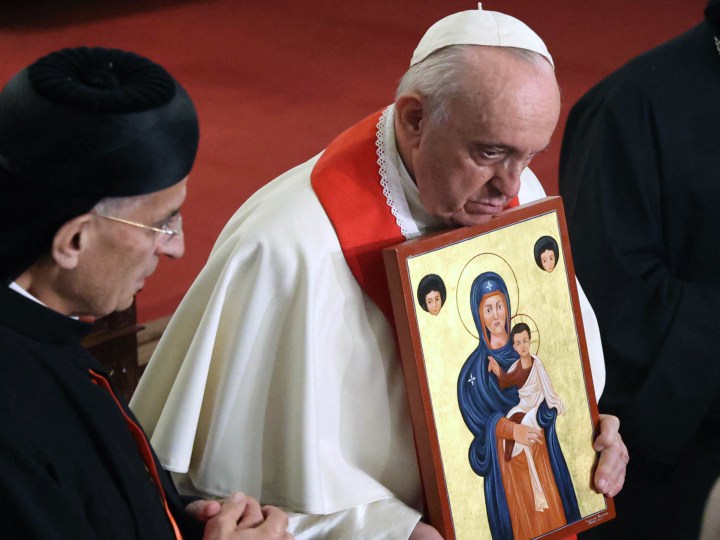
To the Catholic community, the Holy Father gave an extensive reflection on St. Barnabas as a lesson on how to live as Catholics.
He first spoke of the diversity of their community, noting the Maronite Church, and then speaking of the trials of Lebanon, where the Maronite Church is based. He then noted how the Latin Church in Cyprus is made up mainly of immigrants, “a true point of encounter between different ethnicities and cultures.”
Regarding Barnabas, he characterized him as patient, and fraternal.
Of Barnabas, it was said that he was a great man of faith and wisdom chosen by the Church in Jerusalem – the Mother Church, we could say – as the person best suited to visit a new community, that of Antioch, made up of a number of recent converts from paganism. He was sent to go and see what was happening, to scout things out. There he found people coming from another whole world, another culture, another religious sensibility. They were people who had just had a life-changing experience; theirs was a faith full of enthusiasm, yet still fragile, like at the beginning. In this situation, Barnabas’ attitude was one of utmost patience. He knew how to wait for the tree to grow. This is the patience to keep moving forward; the patience to enter into the lives of hitherto unknown individuals; the patience to accept what was new without rushing to judgement. His was the patience of discernment that is capable of perceiving the signs of God’s work in every place, the patience to “study” other cultures and traditions. Above all else, Barnabas had the patience of accompaniment: he knew how to accompany and allow growth to occur.
…
After Paul’s conversion, “they were all afraid of him, for they did not believe he was a disciple” (Acts 9:26), since he had previously been a ruthless persecutor of Christians. Here the Acts of the Apostles tells us something very touching: “Barnabas took him” (v. 27), brought him to the community, recounted what had happened to him and vouched for him. Let us listen to those words, “he took him”. They evoke Jesus’ own mission, for he took the disciples with him through the streets of Galilee and took upon himself our humanity wounded by sin.
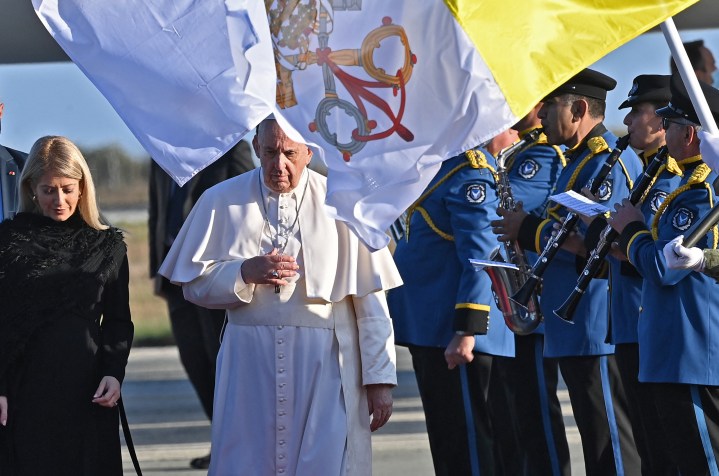
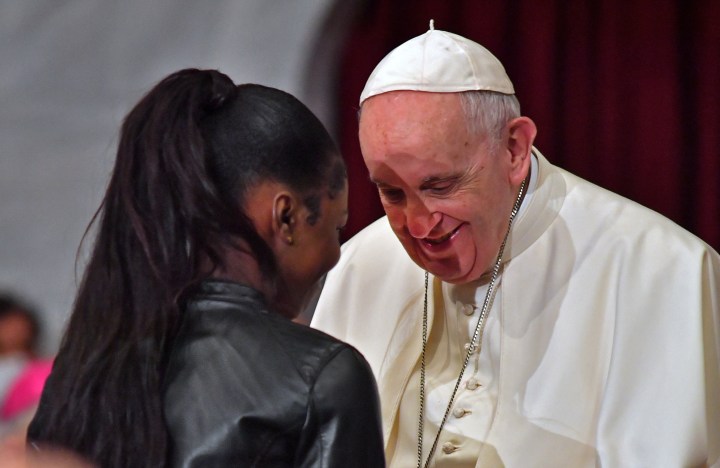
To the Orthodox
On December 3, in a meeting with the Holy Synod of the Orthodox Church of Cyprus, the Pope turned again to this native son of the island.
“Joseph, to whom the apostles gave the name Barnabas” (Acts 4:36). This is what the Acts of the Apostles tell us. We know and venerate Barnabas through his surname, which aptly describes his personality. The name “Barnabas” means both “son of consolation” and “son of exhortation.” It is fitting he combines both these characteristics, which are indispensable for the proclamation of the Gospel.
True consolation cannot remain private, but must find expression in exhortation and guide freedom towards goodness. At the same time, all exhortation in the faith must necessarily be grounded in the consoling presence of God and accompanied by fraternal charity.
